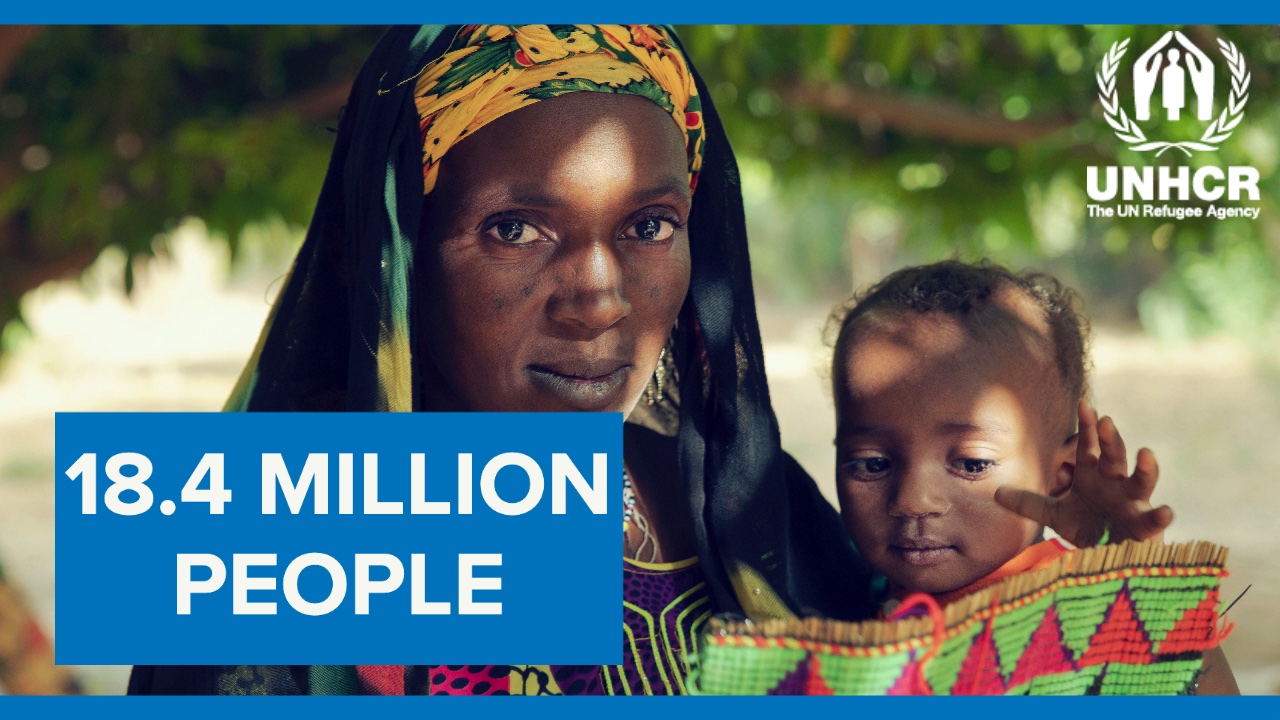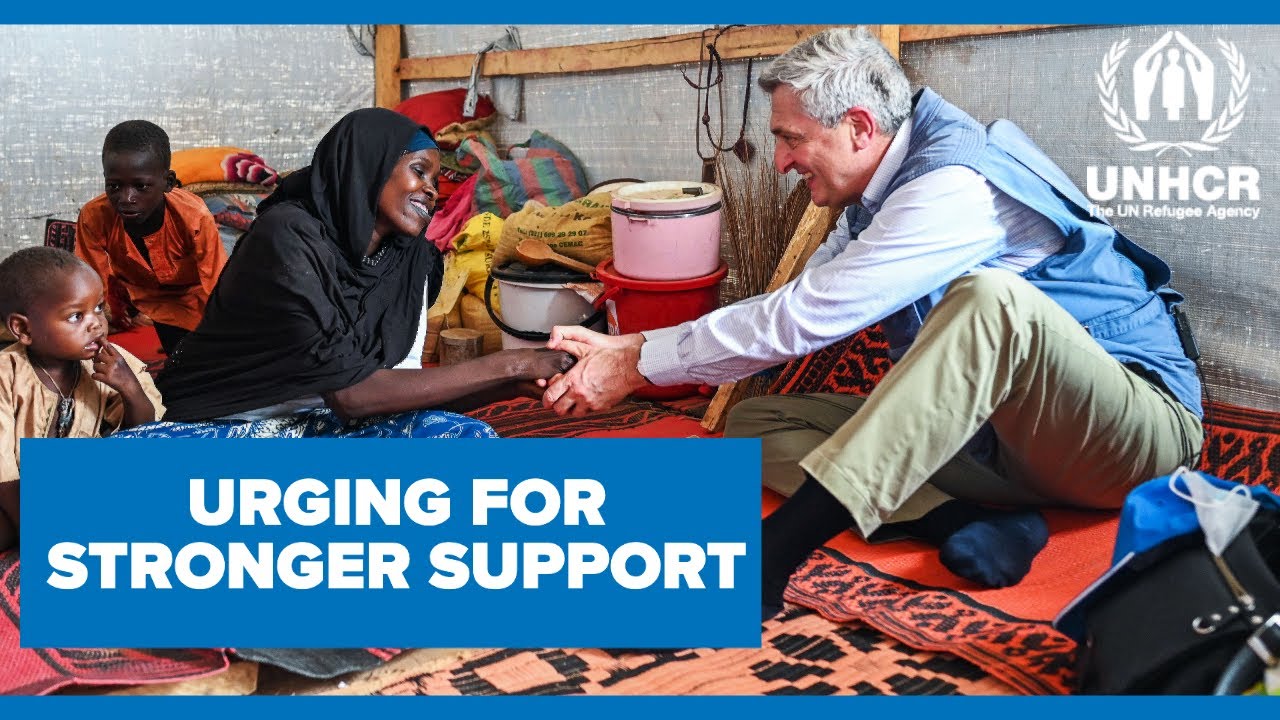UNHCR helps bring water to Afghan refugees and Iranian villages
UNHCR helps bring water to Afghan refugees and Iranian villages

SARVESTAN, Islamic Republic of Iran, January 21 (UNHCR) - Kobra Roosta is up at dawn each day, helping her husband take their goats out to graze. She also cleans the house and prepares the family meals. Her afternoons are spent looking after her two small boys.
Kobra is Iranian and lives in a village near Sarvestan Refugee Settlement, which provides shelter to about 10,000 Afghans and lies about an hour's drive away from Shiraz in the Islamic Republic of Iran's Fars province.
She lives a hard life, but now has something to smile about. "Over the past months, we have been receiving clean water from the taps at home for 24 hours a day. This is new for us and the water pressure is really good," Kobra explains, hurrying between chores. "This has made our lives so much better."
The new 300-metre deep well, constructed by UNHCR and Iran's Bureau for Aliens and Foreign Immigrants' Affairs, supplies water to Sarvestan. The government has also connected pipelines to four neighbouring villages, including Kobra's, to provide much needed water for about 2,000 residents.
The locals reminisce about the "old days" when lush green farmland surrounded their communities. Over the past 20 years desertification has claimed many villages as underground water sources dried up.
When Kobra's husband, Behyar Kazemi, returns home in the afternoon heat, he is herding his 100 goats and they are in need of the water. "We heard that the clean water is being provided because of the refugees," he says. "We don't know much about them except that they came here because of problems in Afghanistan. We are happy that our country has provided them with safety."
The Iranian government opened the Sarvestan settlement in 1985 to harbour some 10,000 Afghan refugees during the Soviet occupation. Over the years, it has also sheltered some 12,000 Iraqi refugees and, in 2002, welcomed a fresh wave of Afghans, after the fall of the Taliban. The settlement relied on a nearby spring for its water but it dried up in 2004 and the government decommissioned the settlement.
Although most of the almost 1 million refugees in Iran live in urban areas, the government in 2008 reopened Sarvestan to Afghan refugees and there are now just over 600 people living there. Initially, the refugees relied on limited water piped in from Sarvestan town. Then, for several years, the government and UNHCR had to bring in truckloads of water daily.
But last year, UNHCR and the Bureau for Aliens and Foreign Immigrants Affairs tapped a reliable source of water and laid pipes to distribute the precious resource, which is now being enjoyed by Kobra and Afghan refugees such as Farzaneh Nouri, who now has enough for home needs and to cultivate a small garden to brighten up her home.
But conditions in the settlement were very difficult when she first arrived here two years ago with her incapacitated husband and four children. Farzaneh and her family fled from their home near Kabul 14 years ago, and settled in the southern Iranian port of Bandar Abbas before moving to Shiraz.
Her husband was wounded in Afghanistan and cannot work, and Farzaneh struggled to earn enough to support the family. They appealed to the Bureau for Aliens and Foreign Immigrants Affairs and were transferred in 2012 to Sarvestan, where the government provided them with shelter, food and health care.
Farzaneh recalls their struggle. "The water trucks were not always there … sometimes many days would pass without water." The family often could not eat fruit or vegetables because they could not clean them. But she agreed with Kobra that the completion of the new water system was a huge change.
"Since the water began flowing, food poisoning has decreased, I can wash my home and skin diseases among children [in the settlement] have [all but] disappeared," says Farzaneh. Refugees have started small-scale cultivation, growing vegetables and fruit and raising chickens.
"Iran has been generously hosting one of the largest refugee communities in the world for more than three decades," notes Sivanka Dhanapala, UNHCR's representative in Iran. "We are working to ensure that conditions are safe for refugees to return home. In the meantime, we are also making every effort to ensure their presence benefits the host country, not least through projects that provide critical services to refugees and host communities alike."
By Teddy Leposky in Sarvestan, Islamic Republic of Iran









